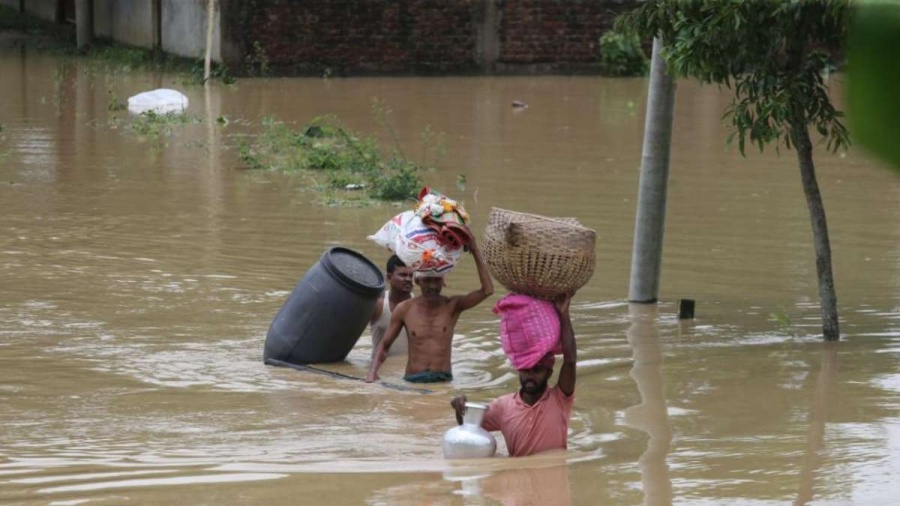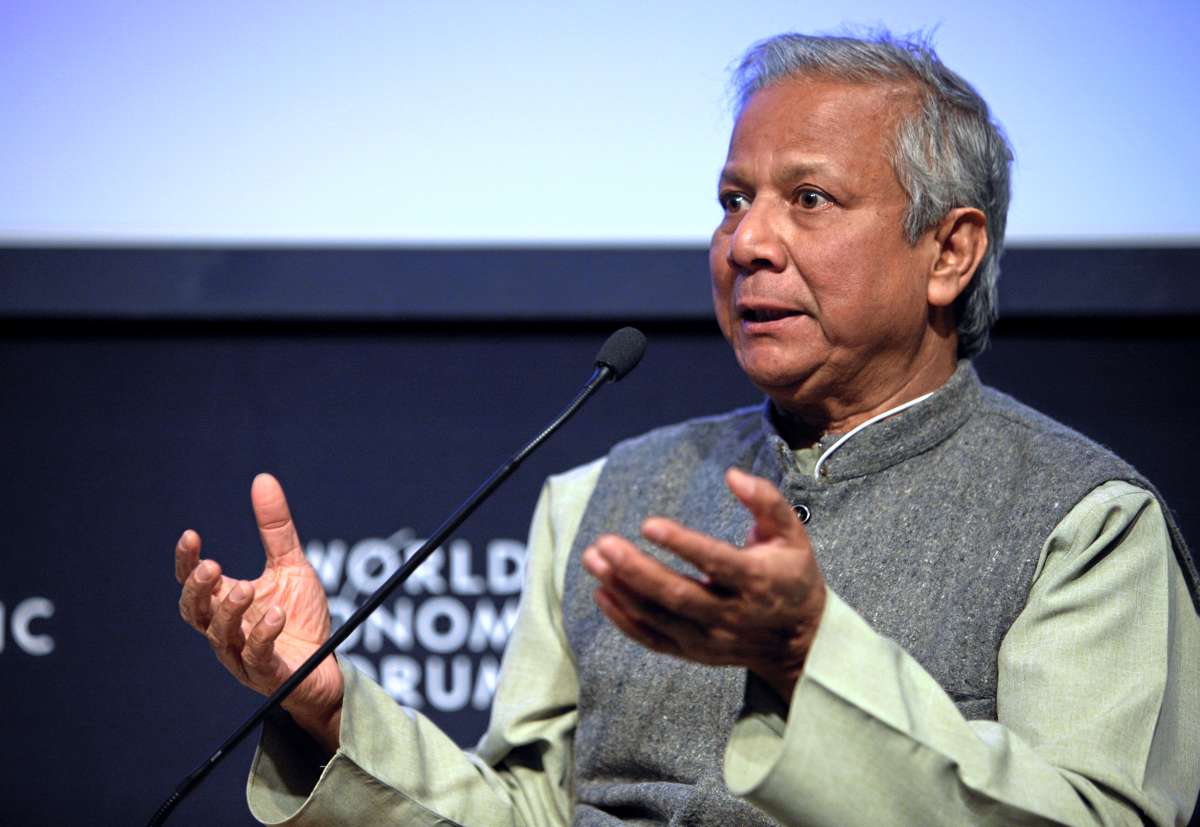So far, a reported 500,000 people have been displaced in more than 3,400 evacuation shelters in Bangladesh…reports Asian Lite News
The United Nations has allocated $4 million from its Central Emergency Response Fund for Bangladesh, which has been hit by devastating floods.
Joyce Msuya, the acting UN emergency relief coordinator, has allocated the money that “will be used to support the response to the floods that have impacted nearly 6 million men, women and children in Bangladesh since late last month,” UN Secretary-General Antonio Guterres’s spokesperson Stephane Dujarric said at the daily briefing.
So far, a reported 500,000 people have been displaced in more than 3,400 evacuation shelters in Bangladesh, where over 7,000 schools are closed due to flooding and about 1.7 million students are impacted. The floods have caused an estimated 156 million dollars in losses in livestock and fisheries, Xinhua news agency reported.
“We, along with our humanitarian partners, are mobilised and supporting the government-led flood response. We are also helping with local efforts to help the most vulnerable people and communities impacted by these floods,” said the spokesman.
Bangladesh has been hit by four major climate-related disasters so far this year, including Cyclone Remal and the current devastating flash floods, impacting nearly 13 million people across land that covers about 30 per cent of the country.
Duties slashed on vegetable imports
Bangladesh’s tax collection body, the National Board of Revenue, has reduced taxes on imports of onion and potato to rein in soaring prices of essential kitchen items.
The board has waived the 5 per cent regulatory duty on onion imports and reduced customs duty on potato imports from 25 per cent to 15 per cent, the tax authority said in a statement on Thursday, Xinhua news agency reported.
Apart from this, the board has reduced tariffs on pesticide imports from 25 per cent to 5 per cent to increase the supply of crop protection chemicals.
The tax authority said the reduction will be active until November 30, 2024.
The decision came amid pleas from relevant stakeholders, taking into account the impact of unprecedented ongoing flooding and supply chain disruptions caused by recent political chaos.
According to official statistics, inflation in Bangladesh accelerated to 11.66 per cent in July, the highest in 13 years, mainly driven by higher food prices.
ALSO READ: Why Bangladesh Rises and Pakistan Stays in Crisis














